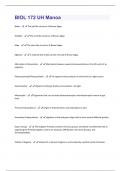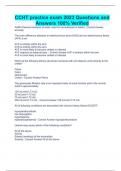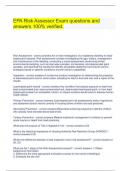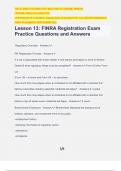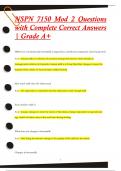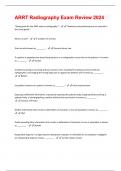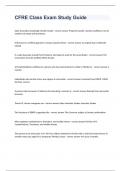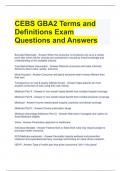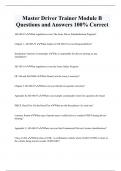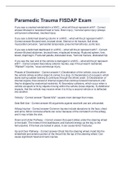Exam (elaborations)
BIOL 172 UH Manoa Questions And Answers With 100% Correct Answers
- Course
- Institution
Blade - The leaf-like structure of Brown Algae. Holdfast - The root-like structure of Brown Algae. Stipe - The stem-like structure of Brown Algae. Alginate - A material that makes up the cell wall of Brown Algae. Alternation of Generation - Alternation between sexual and asexual phase in the li...
[Show more]
